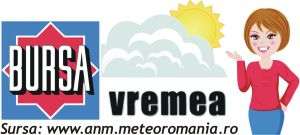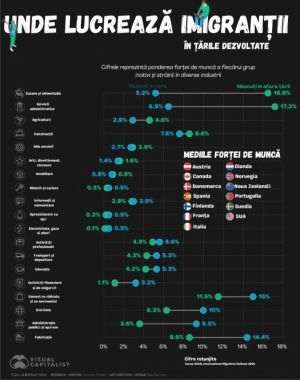Romanian business associations will ask the representatives of the International Monetary Fund (IMF) to accept a reduction of the value-added tax (VAT) by three or four percentage points for one year, applicable only to consumer goods and food.
Talks between representatives of the business environment and the IMF have been scheduled for Tuesday, 3 November, according to UGIR 1903 President Ioan Cezar Coraci. Contacted by BURSA, Coraci explained: "Reducing the VAT by one percentage point is not sufficient under the current circumstances. We will discuss with the IMF the possibility of reducing the VAT by three or four percentage points on a temporary basis, one year, at least for the productive sectors, such as consumer goods and food. We will have the same discussion with the Government, too."
The president of industrial business association UGIR 1903 commented that the reduction of the VAT under the current circumstances would have a multiplier effect, leading to an increase in production, a decrease in price and a subsequent increase in consumption and investment.
"Raising taxes under the current circumstances would pose a higher risk, as State revenue will not increase, but decrease," Coraci stressed.
Another subject to be discussed between Romanian industrial business associations and the IMF concerns governmental investment in the economy. The UGIR 1903 president explained for BURSA: "We will suggest to the IMF to increase the budget allocated for the economy and possibly check how the funds are spent and if it really reaches the real economy. We need more money in the real economy. A third of the people of Romania are supporting the rest, whereas three quarters of the GDP is generated by the private companies."
Considering that "The Boc Government has made this crisis be tougher in Romania than in other countries, the IMF should understand the real situation, that we need stimulus and not further restrictions," Coraci concluded.
In turn, Cristian Parvan, Secretary General of the Romanian Business Association (AOAR), told BURSA that the business associations would also seek to learn the IMF"s opinion of the current parameters of the national economy. "We will discuss about increasing investments in the real economy and the possibility to have the State intervene in the economy to the extent allowed by the European Commission, before 31 December 2010," Parvan added.























































